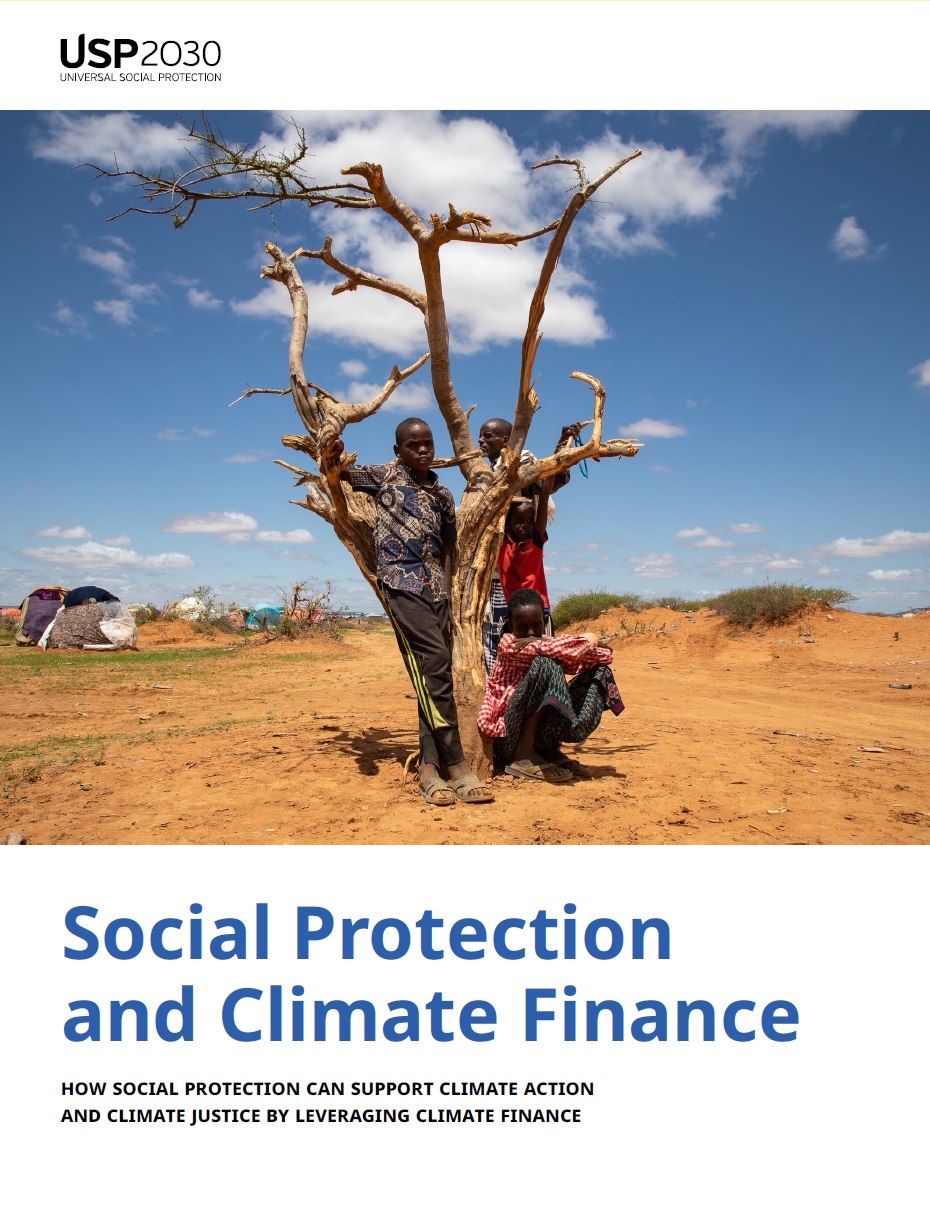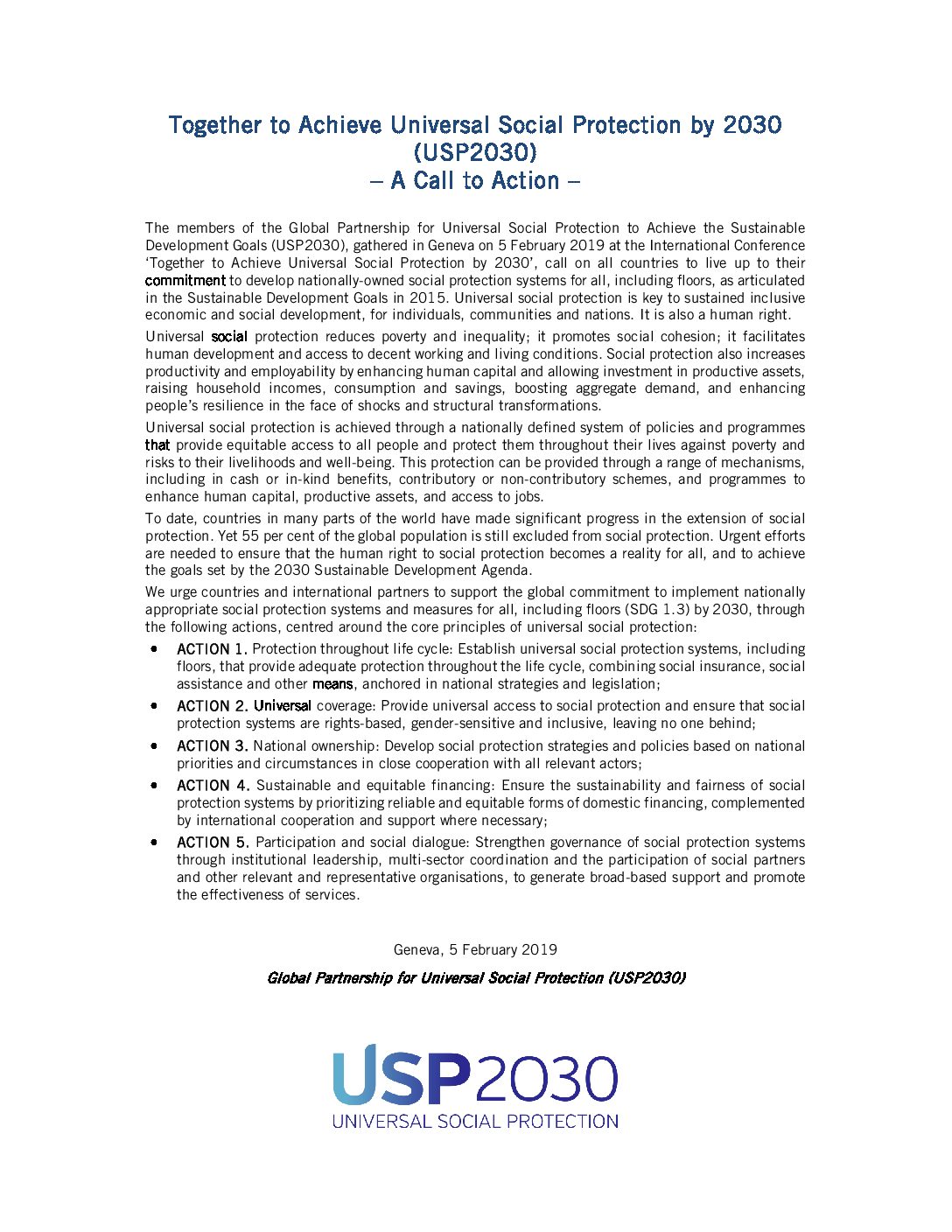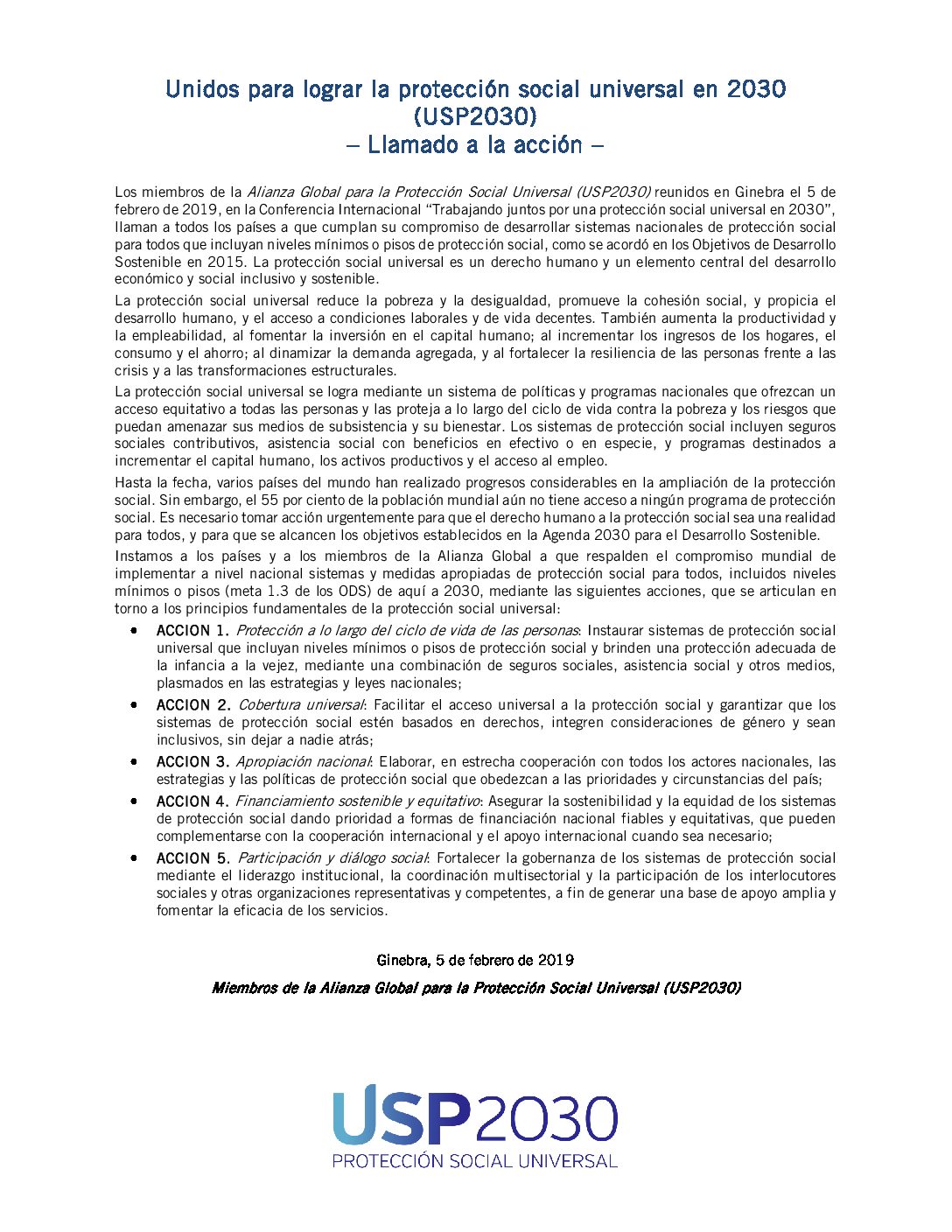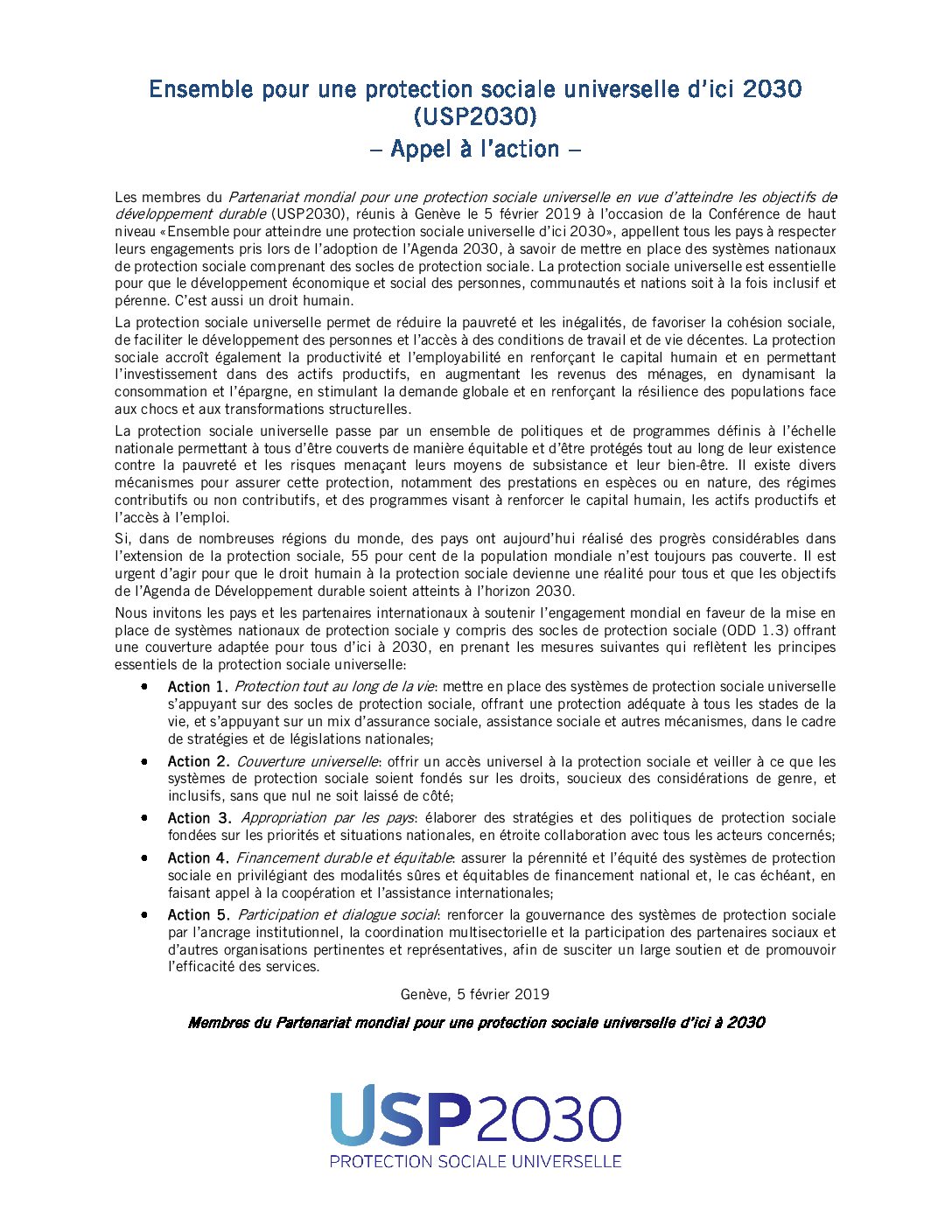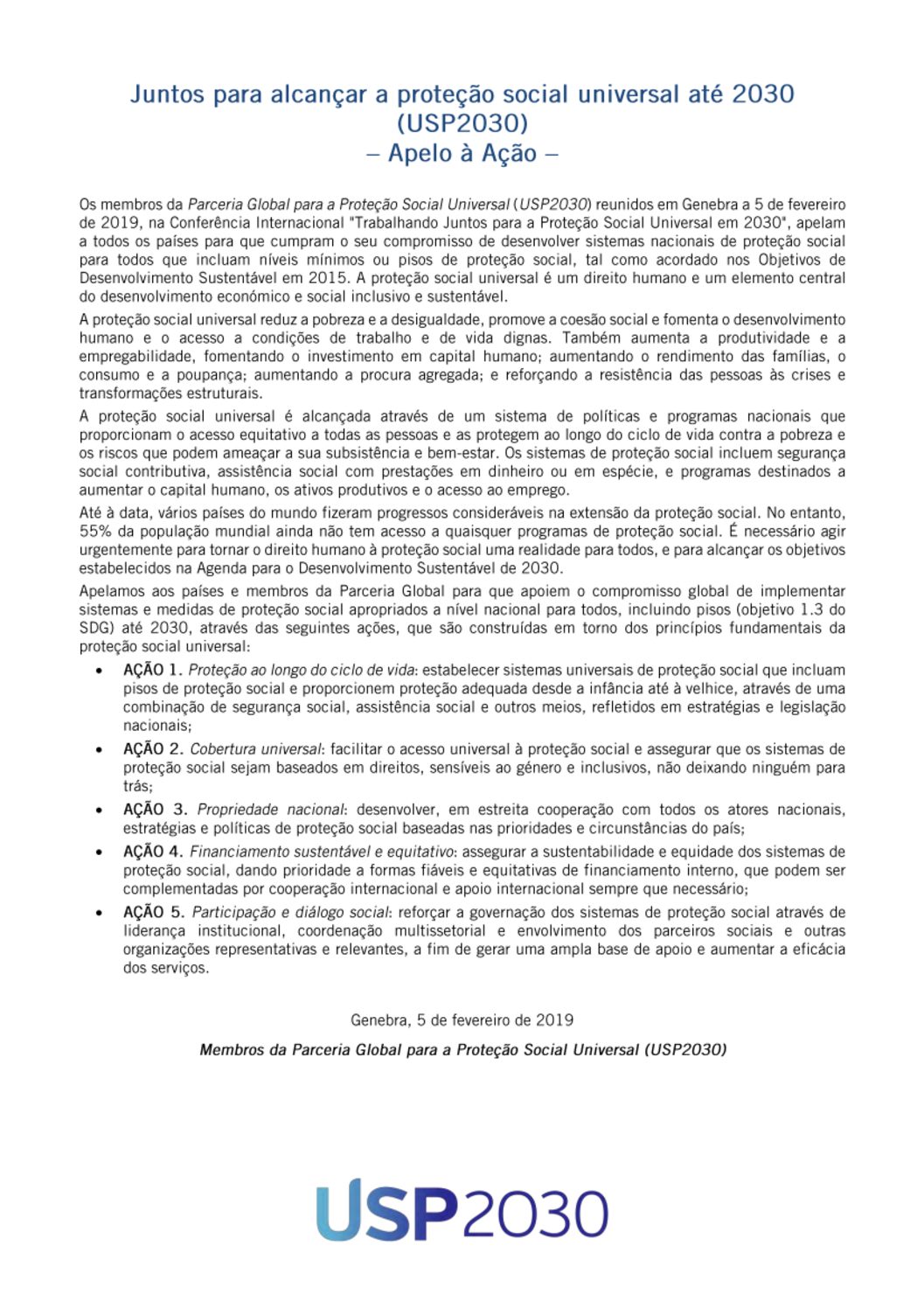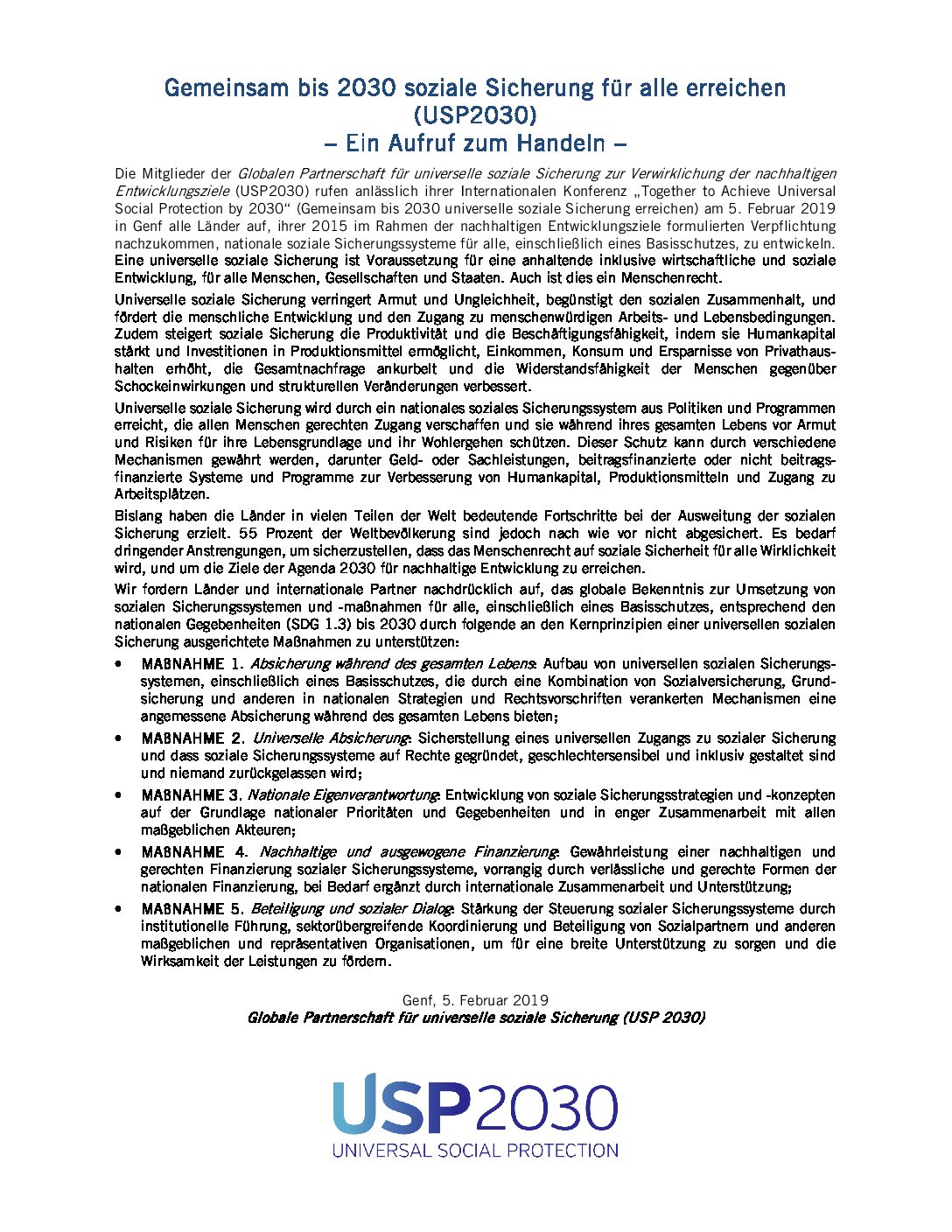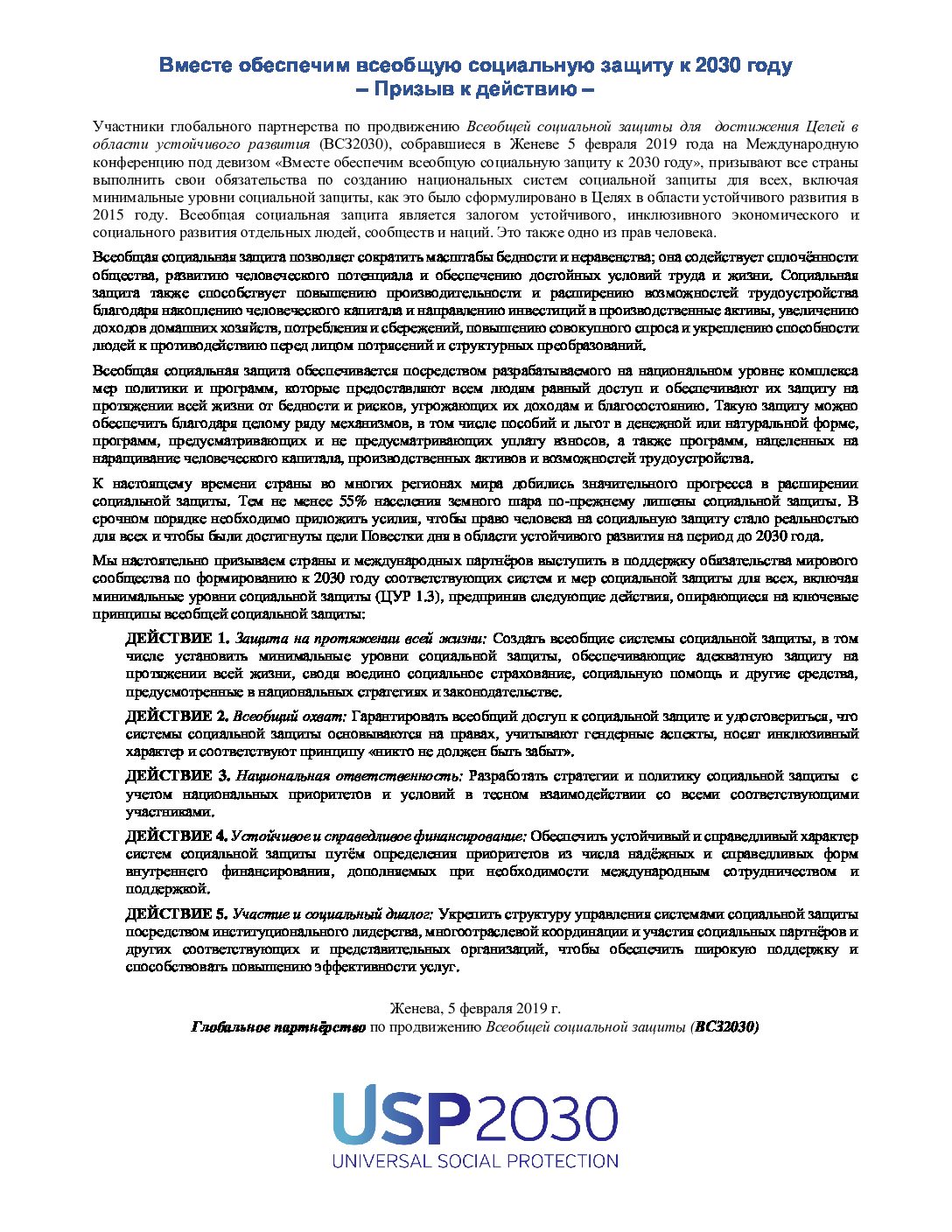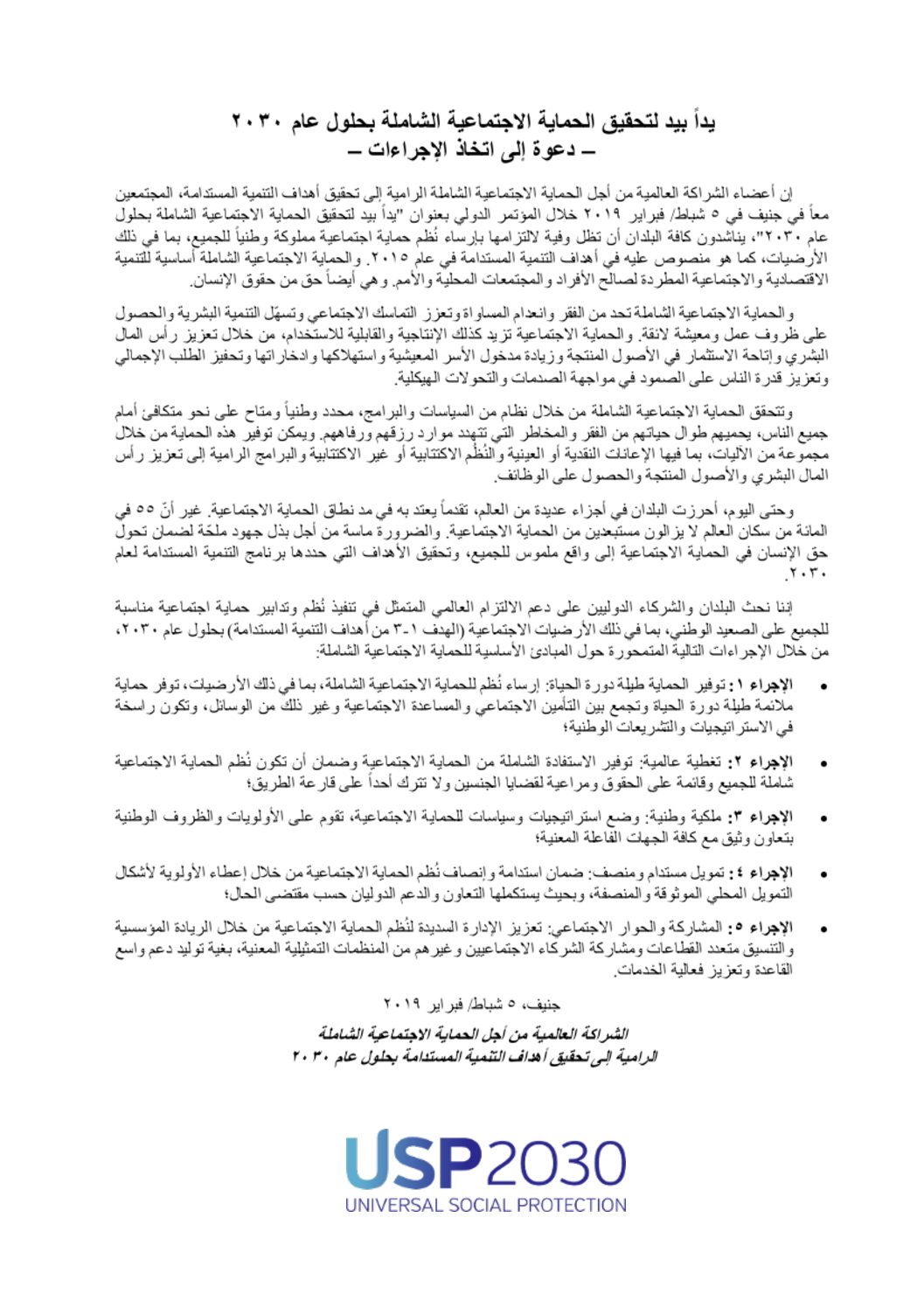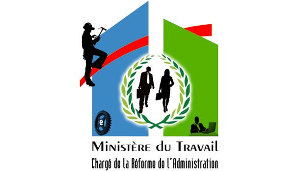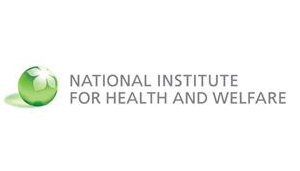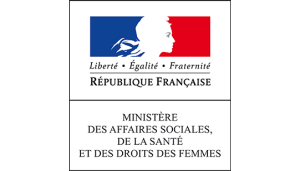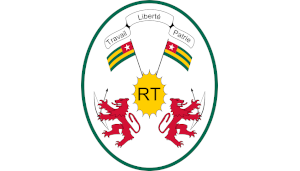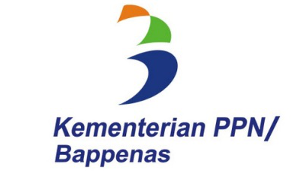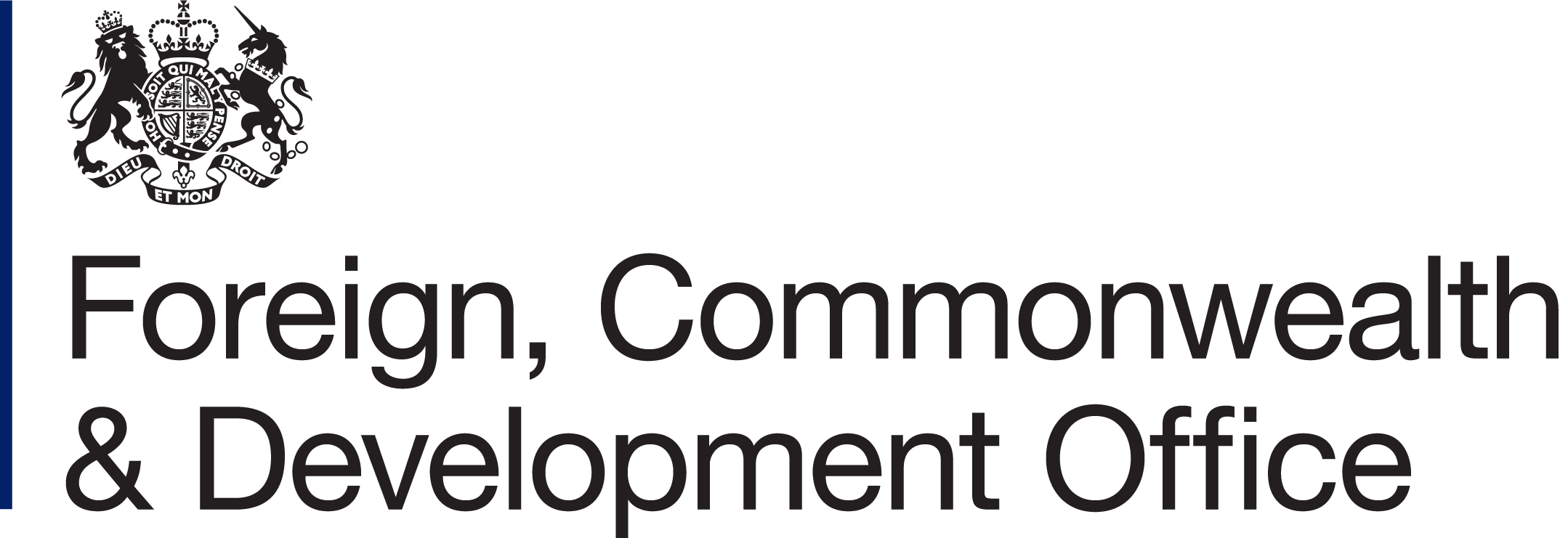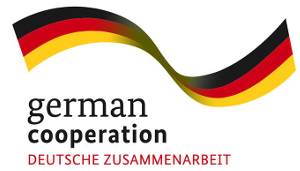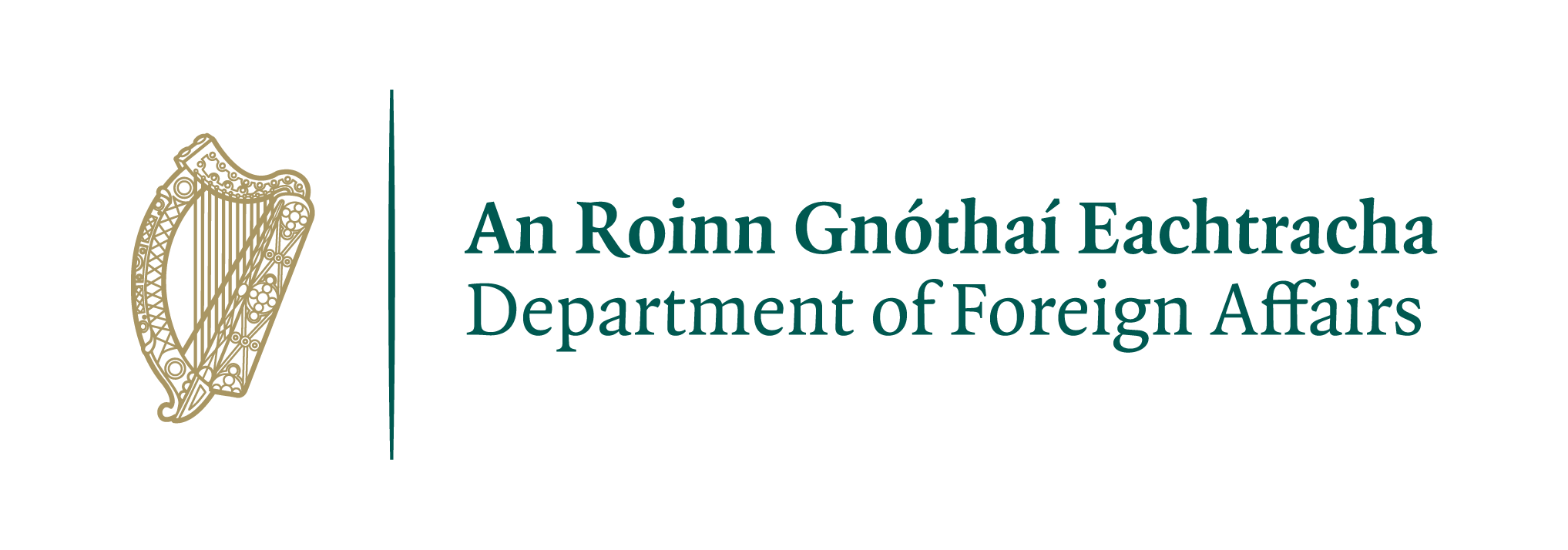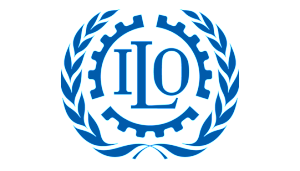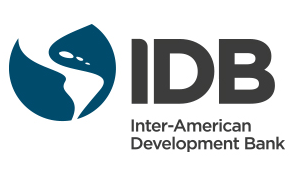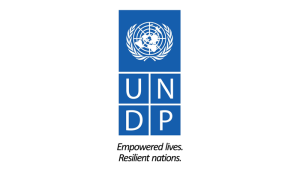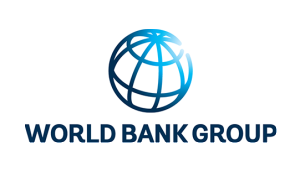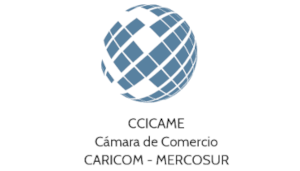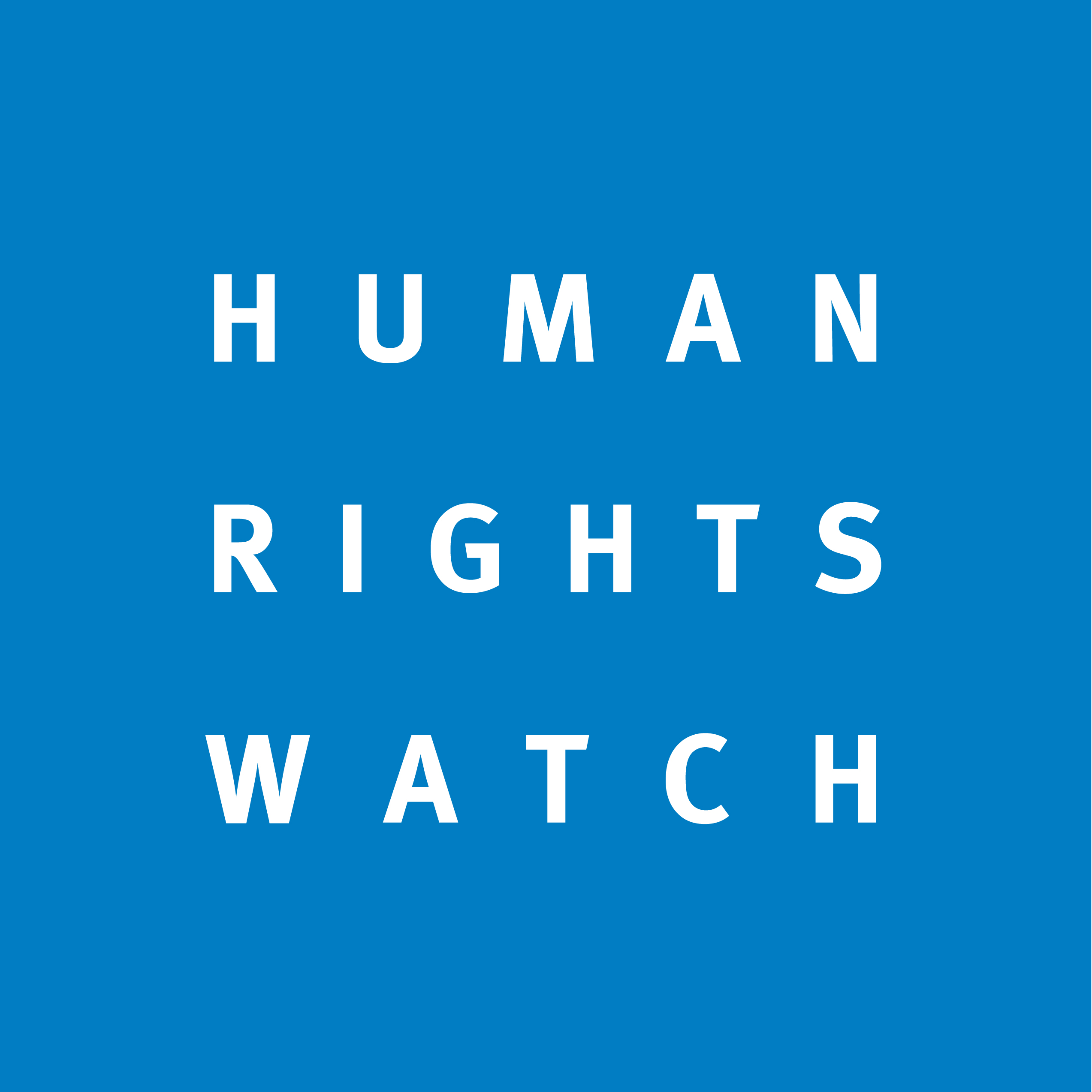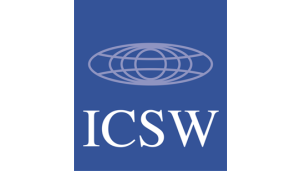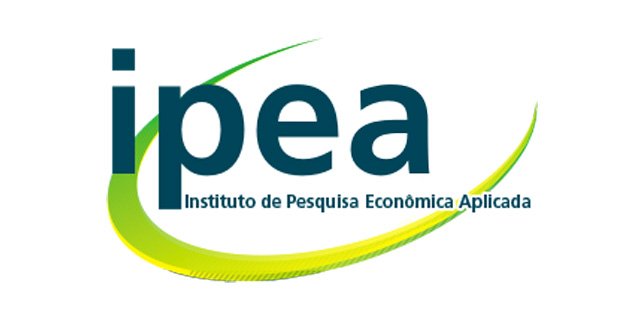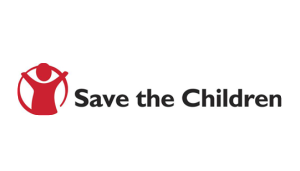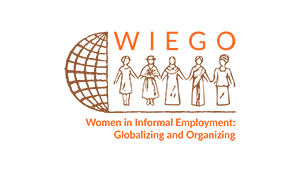USP2030 and COP30 in Belém
Social Protection is included in various agenda items at the COP30 in Belém
Many USP2030 members are also members of the Global Alliance against Hunger and Poverty and contributed to the Belem Declaration on Hunger, Poverty and Human-Centred Climate Action adopted on 7 November by 43 countries and the EU.
USP2030 members further organized several side events, including on 12 Nov on Fostering human and social development amid climate change – the power of social protection for all and on 18 Nov a COP30 Roundtable – Mobilising Climate Financing for Social Protection and Sustainable Food Systems.
An important background report on Social Protection and Climate Finance had been developed in the run-up to the COP led by UNICEF and in collaboration with the USP2030 Financing and Climate Change working groups.
Global Partnership for Universal Social Protection to Achieve the Sustainable Development Goals
Mission
USP2030 has grown into a worldwide alliance which, for the first time, brings together governments, international and regional organisations, social partners and civil society organisations, in a shared commitment towards ensuring social protection for all. Members and partners.
USP2030 members can:
- draw upon a global network of key actors with cutting-edge expertise in universal social protection Members and Partners
- exchange country experiences in formulating and implementing social protection policies, and monitoring progress towards achieving universal social protection Publications
- engage in a global forum for knowledge development and sharing, bringing together all relevant stakeholders USP2030 Working Groups
- bring country and constituency perspectives to bear, in shaping the global social protection agenda and maintain a strong voice for country ownership, responsibility and participation Advocacy
Why Universal Social Protection?
Universal social protection (USP) refers to a nationally defined system of policies and programmes that provide equitable access to all people and protect them throughout their lives against poverty and risks to their livelihoods and well-being. This protection can be provided through a range of mechanisms, including in cash or in-kind benefits, contributory or non-contributory schemes, and programmes to enhance human capital, productive assets, and access to jobs. This includes adequate cash transfers for all who need it, especially: children; benefits/support for people of working age in case of maternity, disability, work injury or for those without jobs; and pensions for all older persons.
Universal social protection …
… prevents and reduces poverty, promotes social inclusion and dignity of vulnerable populations.
… contributes to economic growth: raising incomes increases consumption, savings and , investment at the household level, and raises domestic demand at the macro level.
… promotes human development: cash transfers facilitate access to nutrition and education, thus resulting in better health outcomes, higher school enrolment rates, reduced school drop-out rates, and a decline in child labor.
… increases productivity and employability by enhancing human capital and productive assets.
… protects individuals and families against the losses due to shocks, whether they be pandemics, natural disasters, or economic downturns.
… builds political stability and social peace, reducing inequalities, social tensions and violent conflict; social protection ensure greater social cohesion and participation.
… is a human right that everyone, as a member of society, should enjoy, including children, mothers, persons with disabilities, workers, older persons, migrants, indigenous peoples and minorities.
Call to Action
The members of the Global Partnership for Universal Social Protection to Achieve the Sustainable Development Goals (USP2030), gathered in Geneva on 5 February 2019 at the International Conference ‘Together to Achieve Universal Social Protection by 2030’, call on all countries to live up to their commitment to develop nationally-owned social protection systems for all, including floors, as articulated in the Sustainable Development Goals in 2015. Universal social protection is key to sustained inclusive economic and social development, for individuals, communities and nations. It is also a human right.
Members of USP2030 commit to 5 Actions around the core principles of universal social protection:
-
- Protection throughout the life cycle: Establish universal social protection systems, including floors, that provide adequate protection throughout the life cycle, combining social insurance, social assistance and other means, anchored in national strategies and legislation;
- Universal coverage: Provide universal access to social protection and ensure that social protection systems are rights-based, gender-sensitive and inclusive, leaving no one behind;
- National ownership: Develop social protection strategies and policies based on national priorities and circumstances in close cooperation with all relevant actors;
- Sustainable and equitable financing: Ensure the sustainability and fairness of social protection systems by prioritizing reliable and equitable forms of domestic financing, complemented by international cooperation and support where necessary;
- Participation and social dialogue: Strengthen governance of social protection systems through institutional leadership, multi-sector coordination and the participation of social partners and other relevant and representative organisations, to generate broad-based support and promote the effectiveness of services.
Read the complete Call to Action:
How to Join USP2030?
USP2030 welcomes new members that fully support the partnership’s objectives and vision as stated above and contribute to its realization through advocacy, knowledge development and sharing, or technical exchanges and joint support to countries.

